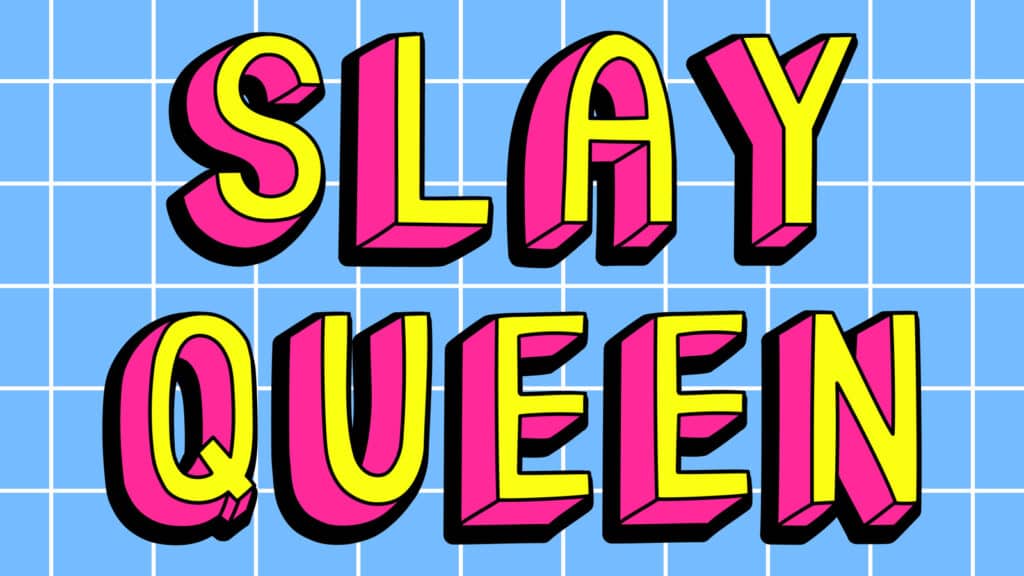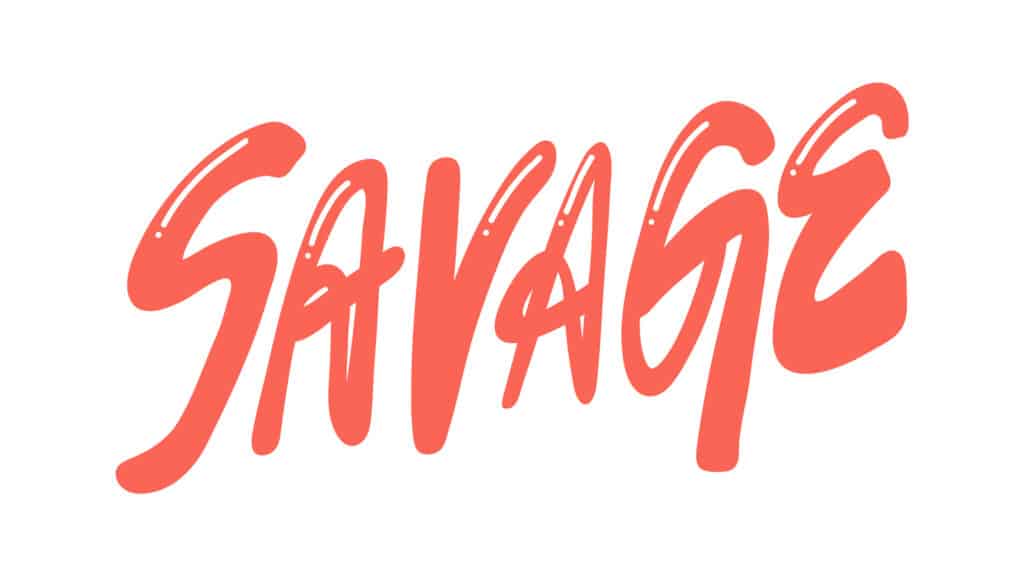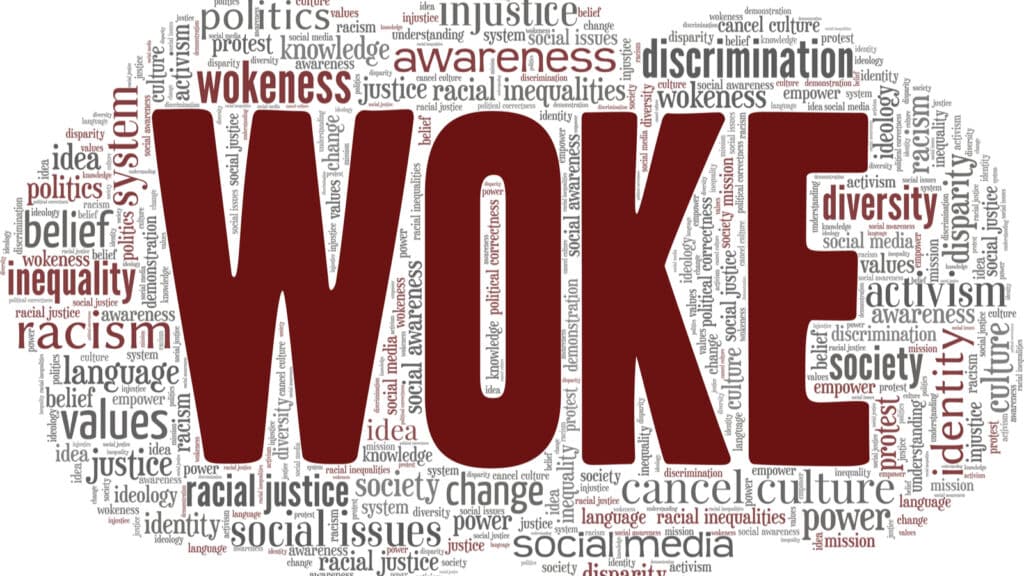As with any generation, Gen Z has its own unique set of language quirks and tendencies, some of which can be annoying or overused. From slang terms to buzzwords and catchphrases, some particular words and phrases seem to pop up everywhere in Gen Z culture. While some of these phrases may be fun and playful, others can be seen as repetitive or straight cringeworthy. In this age of social media and digital communication, these overused words and phrases can spread quickly and become ubiquitous, making it annoying to Millennials, Gen X, and Boomers.
Canceled

The word “canceled” has become an overused term in Gen Z culture, often used to describe a person or thing that has fallen out of favor or lost popularity. While the term can be helpful in specific contexts, such as calling out problematic behavior or holding people accountable for their actions, it can also be overused and misused. Some people find the term annoying or even harmful, as it can perpetuate a culture of cancel culture and public shaming. Others argue that canceling someone or something can be a way to hold people accountable and encourage growth and change. Nevertheless, the impact of the word “canceled” has become super annoying for everyone.
Sus

The term “sus” is a shortened version of “suspicious.” Some people find the term annoying, as it can be seen as a lazy and unhelpful way to communicate one’s feelings or concerns about something.
Gaslighting

The term “gaslight” originated from a play and a film of the same name in which a husband manipulates his wife into doubting her sanity. In recent years, the term has become an overused buzzword among Gen Z, often used to describe any form of manipulation or deceit. While the term can be helpful in specific contexts to describe psychological abuse, it has also been overused and misused to the point of becoming cliché. At some point, it feels like everything is gaslighting.
Like

It’s frustrating how Gen Z seems incapable of completing a sentence without sprinkling in the word “like” every few seconds. It’s, like, their conversational crutch, diluting whatever they’re trying to say and making them sound indecisive or unsure. You can’t help but wonder if they realize how exhausting it is to listen to them, as every other word becomes a filler that distracts from their actual point.
Literally

Ah, “literally”! Once upon a time, this word might’ve been chilling in a dusty old library. But now? Gen Z has given it a VIP pass to the slang party. It’s like turning up to a concert and hearing the same song on repeat. While it’s fun seeing words get glammed up for the modern stage, some of us can’t help but want to whisper: “Hey, maybe it’s time for a different tune?”
Ate

“Ate and left no crumbs.” How annoying is this phrase? Yep, to everyone, it seems silly, dramatic, and extra. It’s a way of saying someone did something very well, commonly in fashion, dancing, or attitude. It can feel exhausting and cringeworthy because of the intensity of how it is regularly used and because of how deserving (or not deserving) the moment actually is.
Shook

Why are they always “shook”? I guess it’s their way of expressing that they are incredibly shocked or shaken emotionally—but let’s just be honest—it is often used for very trivial things. Someone changed their hairstyle? Shook. A plot twist happened in a children’s cartoon? Absolutely shook. All the little happenings seem like they are life-changing, and after some point, you just look on in amazement wondering if anyone is not shook.
Simp

The term “simp” is a slang word often used to describe a man as too subservient or overly attentive to a woman, particularly in romantic relationships. While the term can be playful or humorous, it has also been overused and misused to become a derogatory insult. Some people find the word annoying and even harmful, as it can perpetuate toxic masculinity and shame men for expressing emotions or being caring toward women. What a shame.
Clout

How annoying is this word? Super irritating as it can be seen as a superficial and shallow way to measure a person’s worth or influence. Additionally, the overuse of the term “clout” can contribute to a culture of social comparison and status-seeking.
Smol

Oh, “smol”! It’s like the teeny-tiny baby cousin of “small.” This cutesy term became the Internet’s darling somewhere along the digital highway. Imagine the word “small” wearing oversized baby clothes and sucking on a pacifier – that’s “smol” for you! While it can be endearing, hearing it everywhere is like being tickled one too many times. Adorable? Yes. Overkill? Sometimes.
Cap/No Cap

I guess the word lying or faking is dull; the word cap should replace it. I hope it doesn’t enter the Oxford Learner’s Dictionary.
Slay

Slaying used to mean killing violently. Not anymore. Today it means doing something well or impressively. Sacry if you say it to someone unaware of its new use. Well, the chances are low since it’s overused.
Mental-illness

Navigating the tricky waters of “mental illness” and its usage, especially with Gen Z, can be like trying to dance in a room filled with mousetraps. Suddenly, every mood swing or lousy day is labeled a “mental illness moment.” Remember when people just had “a case of the Mondays”? Now, it seems, every hiccup is on the psychological spectrum. While it’s great that mental health is being talked about more openly, let’s not confuse Monday blues with something requiring more understanding. Diagnosis by meme? Maybe not the best approach!
Gucci

No, we are not talking about the high-end brand. Now Gucci means very fashionable or sometimes even delicious? The term was first used when singer Lenny Kravitz described his stylish liquid-blue bedroom as “very Gucci.” And let’s not talk about Lil Pumps’ lyrics.
Savage

The word “savage” has become a popular buzzword among Gen Z, and it’s pretty annoying. It’s often used to describe someone or something tough, resilient, or impressive in some way. However, the overuse of the term “savage” can contribute to a culture of aggression and competitiveness, where people are encouraged to be ruthless and cutthroat to succeed.
CEO

Nope, it doesn’t mean Chief Executive Officer. It just means you’ve mastered something or are pro at something. So you can basically be a CEO of anything.
Stan

It’s like merging “stalker” and “fan” into a delightful mashup. When you stan someone, it’s all about having an unabashedly enthusiastic crush on them, but without the eerie, over-the-top obsession. Say what?
Woke

What does this really mean again? Not sure anymore. Although it’s sometimes used positively to promote social justice and awareness, it has also been overused and misused to the point of becoming very annoying. Additionally, the overuse of the term “woke” can contribute to a culture of canceling or shaming people who are not deemed “woke” enough, which can create a toxic and divisive social atmosphere. Just stop it already.
17 Times Gen X Defined Culture Without Getting Credit

Boomers just ignore them and act as if they’re not even there, and millennials and Gen Z steal their trends and somehow, Gen X just shrugs it off. Let’s fix that. From music to fashion to web culture, these are 17 times Gen X defined the world we live in— without ever getting the damn credit.
17 Times Gen X Defined Culture Without Getting Credit
Boomer Childhood Experiences That Show Kids Today Have It Easy

No, it was not a TikTok dance or asking Alexa to make things happen. Prior to iPads and DoorDash, kids were basically free labor. Here are the 21 chores Boomers did as kids that would put today’s kids straight into therapy.
Boomer Childhood Experiences That Show Kids Today Have It Easy

